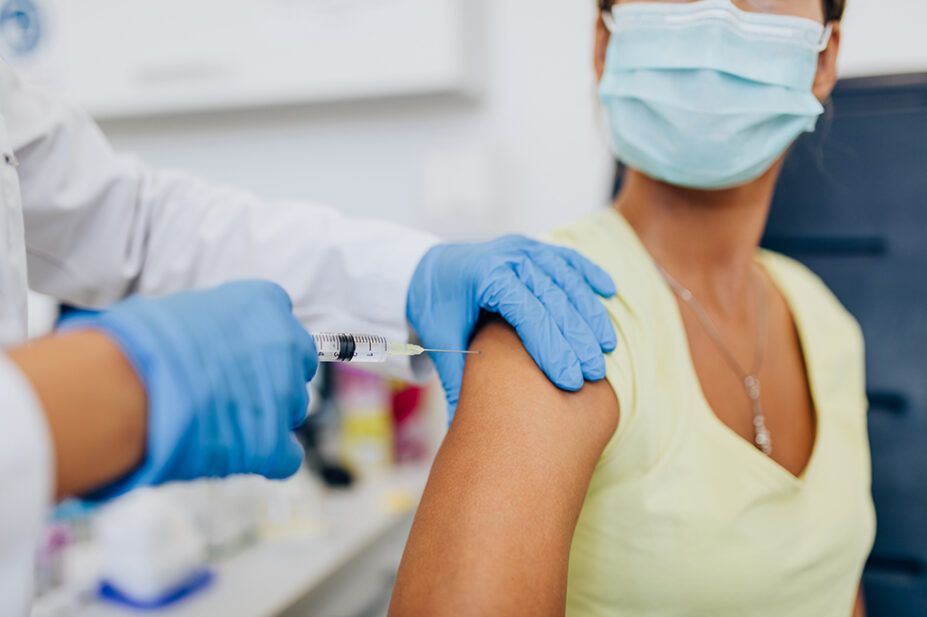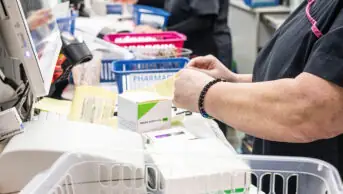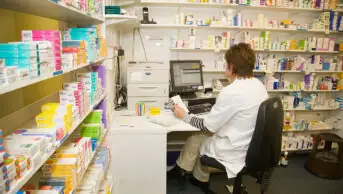
Shutterstock.com
Pharmacy technicians need additional training if they are to supply and administer medicines under patient group directions (PGDs), the Royal Pharmaceutical Society (RPS) has said in response to a government consultation.
A consultation document, published by the Department of Health and Social Care on 18 August 2023, proposed a change to the Human Medicines Regulations 2012 that would add pharmacy technicians to the list of registered healthcare professionals permitted to supply and administer medicines under a PGD.
Under the proposed changes, pharmacy technicians could administer vaccines, emergency contraception and ongoing oral contraception, as well as provide patients with pre-operative medication.
In its response to the consultation, which ended on 29 September 2023, the RPS said that it supported the change to the regulation, but did not believe the current two-year preregistration training for technicians was sufficient to allow them to work under PGDs.
“If this amendment is adopted, training needs to be adapted to reflect the legislation change and ensure technicians are provided with an appropriate knowledge base of PGDs and the governance and accountability that lies with them, in line with training delivered to pharmacists when originally commenced involvement with PGDs,” the RPS said in its response.
The RPS also called for practising pharmacy technicians, who may operate under PGDs if the legislation changes in the future, to take additional training to ensure a baseline understanding of PGDs.
It added that clarity was needed about who would be accountable for the supply and administration of medicines under a PGD in a registered pharmacy premises.
“Clear guidance would be required for the accountability between the responsible pharmacist, chief pharmacists, directors of pharmacy, superintendent pharmacist and the professional operating the PGD,” it said.
In its consultation response, the Company Chemists’ Association (CCA) said the current two-year preregistration training provided “a minimum standard for knowledge and skills needed for pharmacy technicians to supply and administer medicines safely under a PGD”.
It added that, where further training was needed, “employers will be best placed to identify and arrange such training, which may include through resources provided by the NHS and government through the Specialist Pharmacy Service.”
In a statement on its website, the Pharmacists’ Defence Association said that “significant numbers” of pharmacists had raised concerns about the “appropriateness of enabling pharmacy technicians across all settings to be involved in patient facing activities beyond their level of training or qualifications, patient safety and governance”.
Pharmacy technicians were able to administer COVID-19 vaccinations under a national protocol that was published in December 2020.
1 comment
You must be logged in to post a comment.



I think that this is a very sensible step forward in the world of community pharmacy.
I understand the training concerns, however the situations mentioned are all about supplying a medicine in a situation which is NOT to treat a medical condition, so is not complicated by diagnosis.